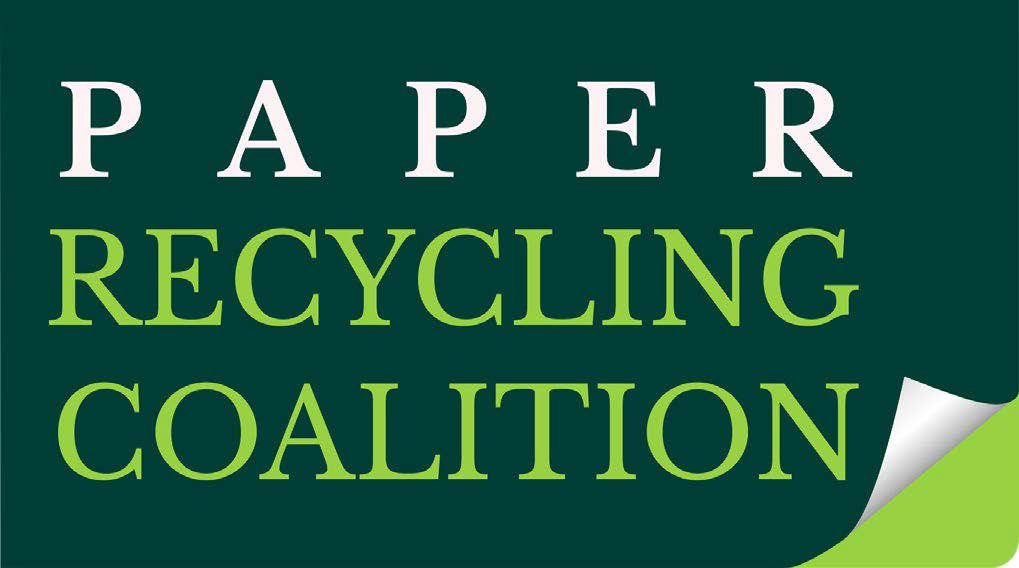
Policy Issues
The most important issue facing the 100% recycled paper industry is the availability of clean, economically viable paper feedstock for domestic producers.
Representing the Policy Interests of the 100% Recycled Paper Sector
Since 1990, the Paper Recycling Coalition has educated policy leaders, legislators, regulators, and others about the 100% recycled paper industry. We meet regularly with Members of Congress and their staff as well as government agency staff. We work closely with environmental groups and other industry organizations to advise them of our industry’s interests and concerns. We conduct tours of recycled paper facilities to give regulators, legislators, and the media a close-up view of our operations. We also testify before Congress and regulatory agencies on issues of importance to our industry.
Legislative Issues
-
For recovered fiber to be converted into new paperboard and containerboard packaging and shipping products, the fiber must be clean – meaning reasonably free of contaminants. Policies that support the availability of a separated, clean stream of recyclables is vital to sustaining and growing the 100 percent recycled paper sector. To this end, the PRC supports public awareness initiatives and community education programs that help Americans better understand how to properly recycle and the economic and environmental benefits of recycling. Support for such programs is an ideal role for the federal government, as evidenced by the success of the recently enacted RECYCLE Act.
-
The PRC does not support federal minimum content standards for recycled products. It has been our experience that mandated minimums become a floor, not a ceiling. In other words, minimums become maximums. Contrast this with the 100% recycled paper sector: even in the absence of mandates, an entire industry was established and has continued to thrive because there is strong customer-driven demand for 100% recycled paper products.
-
The PRC supports federal voluntary guidelines for package labeling and marketing claims, such as the “Green Guides” developed and currently being updated by the Federal Trade Commission. These environmental marketing guidelines provide an important framework for commercial behavior and ensure that customers and consumers are not misled. The FTC’s guidance, and that of any other federal agency, should uphold the integrity of the term “recycling” and protect consumers’ reliance on it. Agencies should reject efforts to co-opt the word to apply to processes that do not result in the introduction of recycled products into commerce (e.g., chemical recycling).
-
It is important that no market-distorting government incentives (e.g., tax credits) or programs be put in place that might inadvertently increase costs or create artificial competition for recyclable paper.
-
Chemical or “advanced” recycling processes that use pyrolysis or gasification technologies to convert plastic waste into fuels, fuel substitutes, or chemical feedstocks is not recycling. State and federal efforts to change how these processes are regulated would distort recycling markets and therefore should be opposed.
-
Some cities are contemplating constructing “dirty” material recovery facilities (MRFs) which mix or comingle all recyclables, including paper, with trash. Such “mixing” threatens a stable clean supply of fiber.


